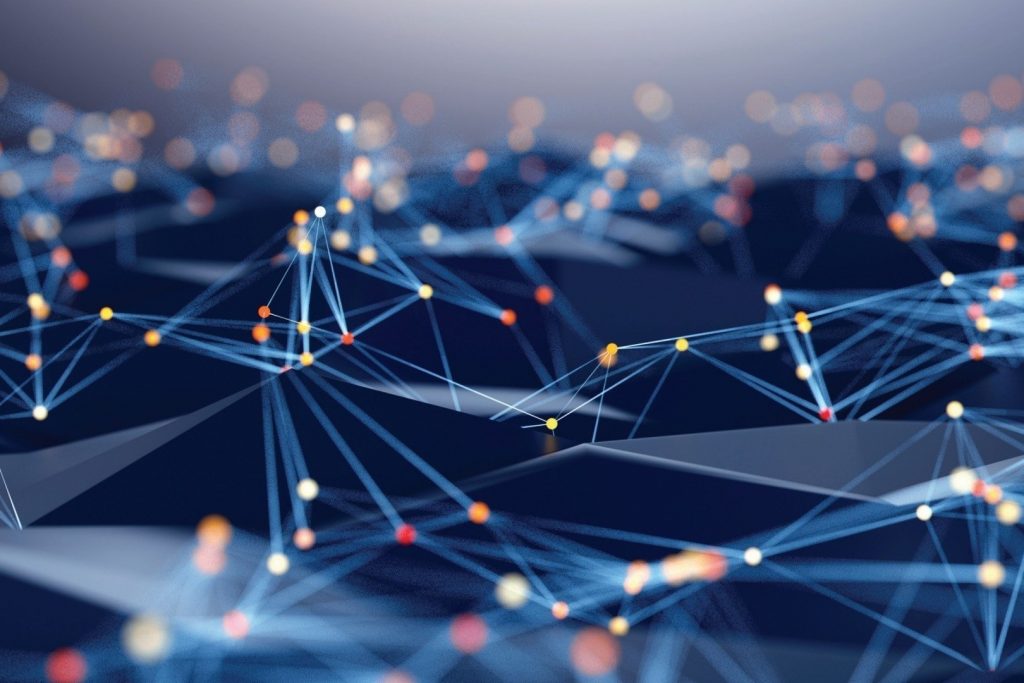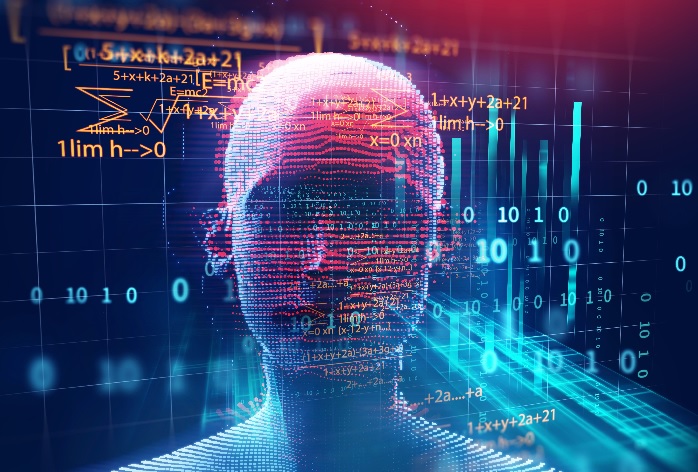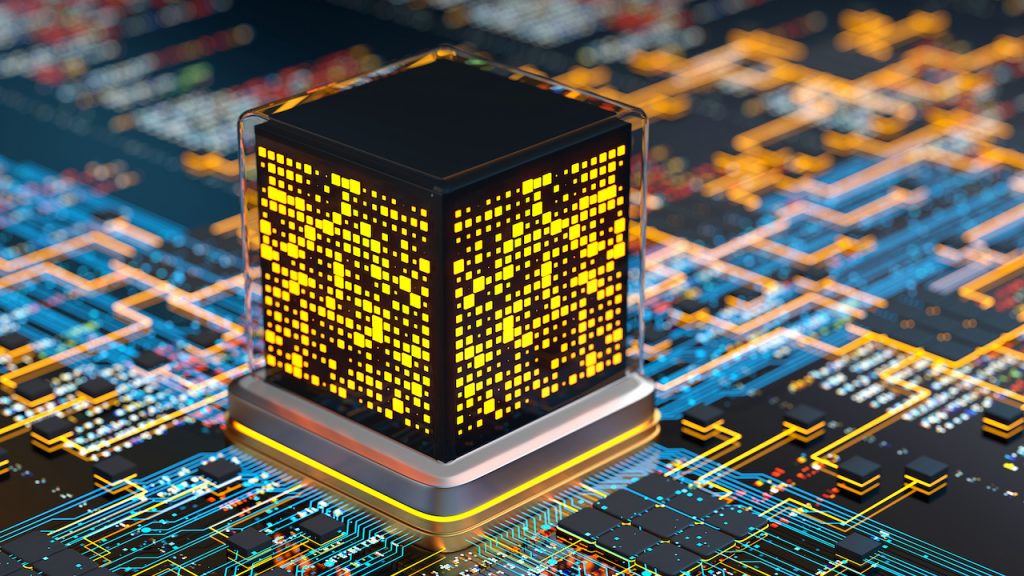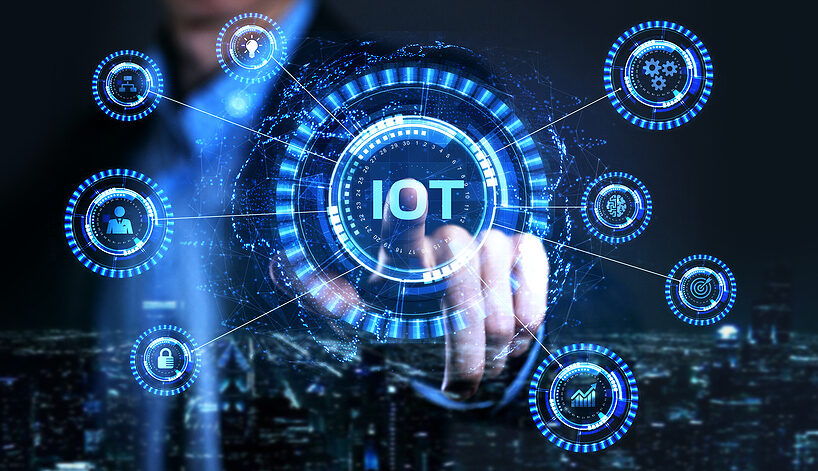Projects
Blockchain
A blockchain is a distributed database or ledger that is shared among the nodes of a computer network. As a database, a blockchain stores information electronically in digital format. Blockchains are best known for their crucial role in cryptocurrency systems, such as Bitcoin, for maintaining a secure and decentralized record of transactions. The innovation with a blockchain is that it guarantees the fidelity and security of a record of data and generates trust without the need for a trusted third party.


Crypto Exchange
A cryptocurrency exchange, or a digital currency exchange (DCE), is a business that allows customers to trade cryptocurrencies or digital currencies for other assets, such as conventional fiat money or other digital currencies. Exchanges may accept credit card payments, wire transfers or other forms of payment in exchange for digital currencies or cryptocurrencies. A cryptocurrency exchange can be a market maker that typically takes the bid–ask spreads as a transaction commission for is service or, as a matching platform, simply charges fees.

Artificial Intelligence and Machine Learning
The Artificial intelligence system does not require to be pre-programmed, instead of that, they use such algorithms which can work with their own intelligence. It involves machine learning algorithms such as Reinforcement learning algorithm and deep learning neural networks. AI is being used in multiple places such as Siri, Google?s AlphaGo, AI in Chess playing, etc.
Machine learning enables a computer system to make predictions or take some decisions using historical data without being explicitly programmed. Machine learning uses a massive amount of structured and semi-structured data so that a machine learning model can generate accurate result or give predictions based on that data.
Quantum Computing
Quantum computing is a type of computation that harnesses the collective properties of quantum states, such as superposition, interference, and entanglement, to perform calculations. The devices that perform quantum computations are known as quantum computers. Though current quantum computers are too small to outperform usual (classical) computers for practical applications, they are believed to be capable of solving certain computational problems, such as integer factorization (which underlies RSA encryption), substantially faster than classical computers. The study of quantum computing is a subfield of quantum information science.


Virtual Reality and Augmented Reality
In AR, a virtual environment is designed to coexist with the real environment, with the goal of being informative and providing additional data about the real world, which a user can access without having to do a search. For example, industrial AR apps could offer instant troubleshooting information when a handset is aimed at a piece of failing equipment.
Virtual reality encompasses a complete environmental simulation that replaces the user’s world with an entirely virtual world. Because these virtual environments are entirely fabricated, they are often designed to be larger than life. For example, VR could let a user box with a cartoon version of Mike Tyson in a virtual boxing ring.
Internet of Things (IoT)
The Internet of things (IoT) describes physical objects (or groups of such objects) with sensors, processing ability, software, and other technologies that connect and exchange data with other devices and systems over the Internet or other communications networks. The Internet of things has been considered a misnomer because devices do not need to be connected to the public internet, they only need to be connected to a network and be individually addressable.


